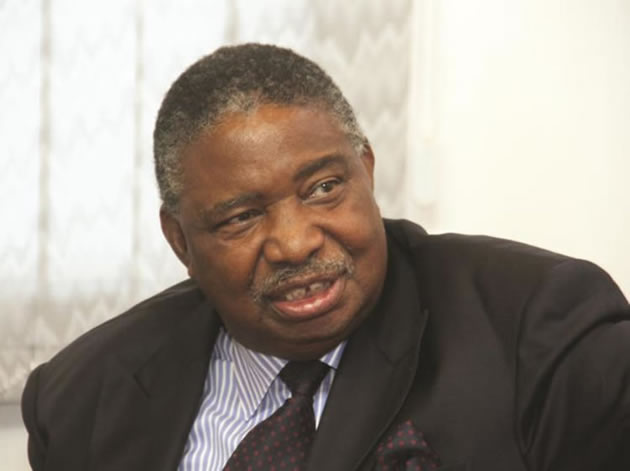EDITORIAL COMMENT: Sharing of ICT resources long overdue

GOVERNMENT’s plans to assign an independent entity with sufficient financial resources to take charge of setting up broadband and telecoms infrastructure is a noble idea that deserves all the support and plaudits.
According to Information Communication Technology, Postal and Courier Services Deputy Minister Dr Win Mlambo, telecoms operators should stop the development of infrastructure and focus on the core business of service provision.
It goes without saying that what is transpiring in Zimbabwe was not in the best interest of the country, especially at a time businesses are battling to bring costs down to enhance the competitiveness of local companies.
Information communication technology has become central to efficient conducting of business across the world and nations that fail to take stock of progress in this regard or take measures to keep pace get left behind.
The world is now moving along the information superhighway and e-commerce has become the fastest and cost effective way of doing business in real time. Despite the advantages brought about by these beneficial dynamics, technology companies in Zimbabwe have not looked at ICTs infrastructure in terms of what it should do for consumers of their services, but only at how that should help grow their individual bottom lines. The scenario where companies individually invested and owned infrastructure, giving the more established or resourced unfair advantage, was undesirable as it benefited individuals at the expense of the nation.
It was good Postal and Telecommunications Regulatory Authority of Zimbabwe had noticed this and was taking steps to ensure mandatory sharing of infrastructure, which it contends would reduce costs to consumers.
Finance Minister Patrick Chinamasa also told a business breakfast in South Africa in December that he was unhappy about the level of infrastructure sharing, saying it increased development costs passed on to end users.
According to POTRAZ, sharing infrastructure could cut costs by 15 percent to 30 percent and reduce operators’ annual capital outlay by 60 percent.
It had since drafted a consultation paper that was discussed mid month.
Capital expenditure, POTRAZ said, accounted for 60 percent of the cost of service to consumers at a time when only 13 percent of passive infrastructure was being shared. None of the players shared active or back-haul equipment.
A study carried by POTRAZ last year on the cost of telecoms services identified infrastructure duplication and high cost of procuring equipment in Zimbabwe as major contributors to the high cost of service provision.
POTRAZ noted that cost savings for operators could be achieved through less infrastructure investment duplication by the three major mobile phone operators namely Econet Wireless, Telecel and State owned NetOne. Other savings envisaged included operating expenditure (mainly costs of renting sites, site maintenance, personnel and power, air conditioning and fuel expenses). This was disregarded in pursuit of selfish interests.
Further, POTRAZ said that sharing provided opportunity to reduce time to enter the market, in much the same way that could lead to reduction in market entry barriers. This is plausible as Zimbabwe will keep pace with the world.
Government and POTRAZ are spot on in seizing opportunities offered through infrastructure sharing, provided there was no risk of lessening of competition. In this regard, it should be noted that the appointed entity will need to move ahead of the time to ensure that innovations and new product offerings are not constrained by absence of the requisite infrastructure to carry such.
Forms of infrastructure sharing include towers, sites, shelter and support cabinets, electrical supply and air conditioning, power generators, base stations, radio equipment, switches, antennas and transceivers among others.
Government will not be attempting to reinvent the wheel, as the practice is now common globally, with tangible benefits to the consumers. The different forms of regulated infrastructure sharing exist worldwide, including in India, Brazil and North America. These include, American Tower, Crown Castle and Global Tower Partners.
The lack of equipment sharing is testified by the multiplicity of towers and ducting belonging to different operators and built at the inconvenience of the public in terms of the civil works and harm to the environment.









Comments